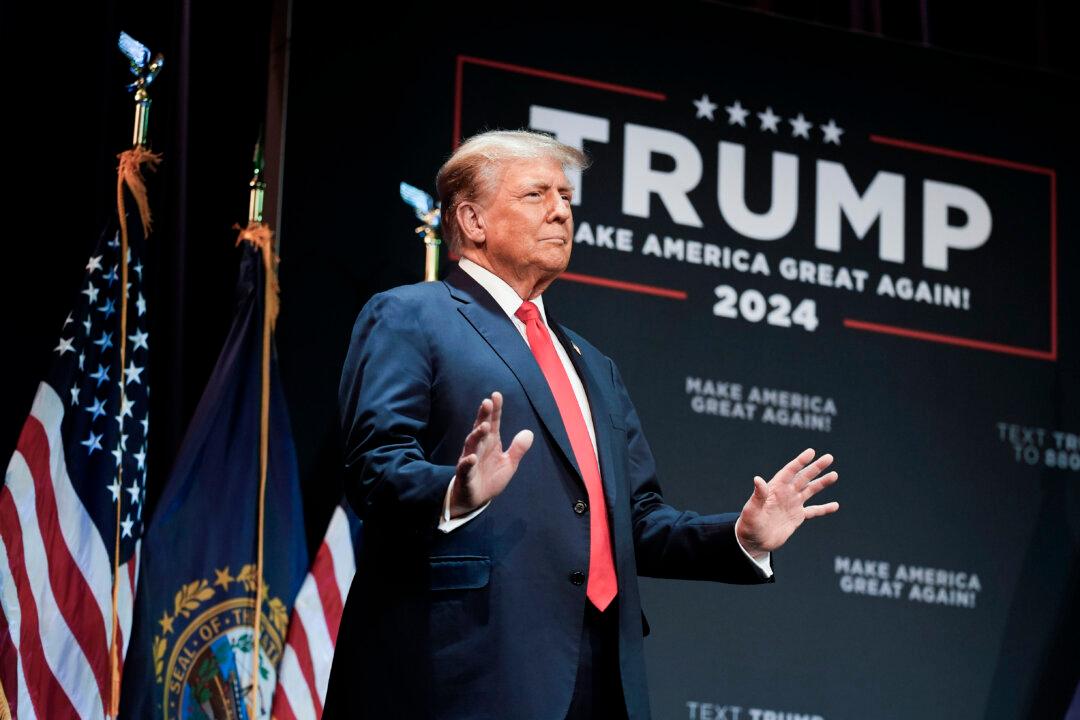The U.S. Supreme Court has indicated that, on Feb. 8, it’s set to hear the first oral arguments in former President Donald Trump’s appeal that seeks to overturn the Colorado Supreme Court ruling barring him from the ballot on 14th Amendment grounds.
A note accompanying the U.S. Supreme Court’s schedule for Feb. 8 indicates that the high court is set to hear the first oral arguments in the Trump case.





